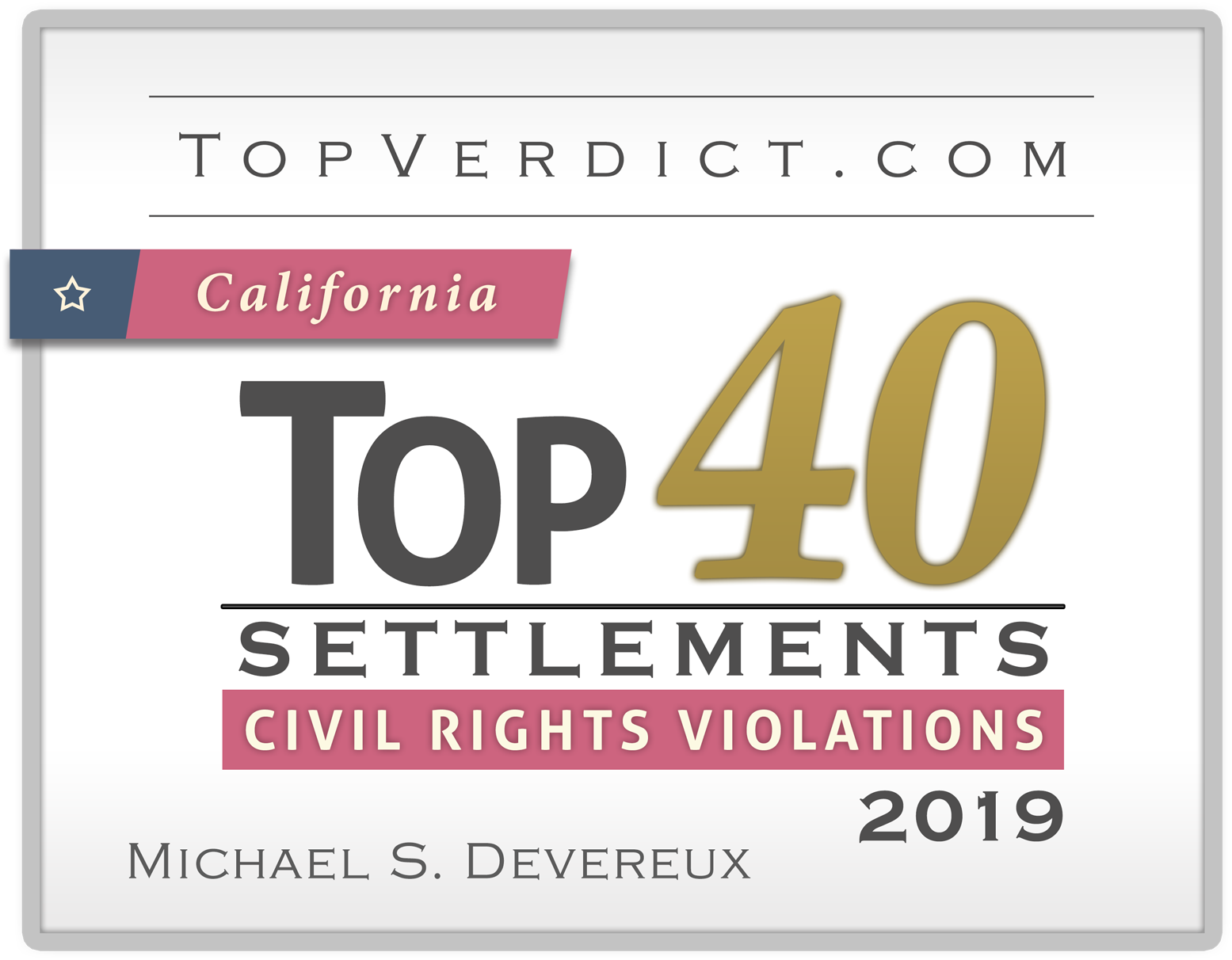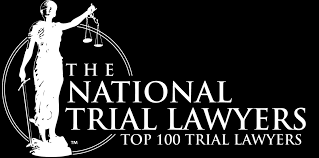Federal Grand Jury Subpoena
Federal Grand Jury Subpoena
Grand jury subpoenas are powerful tools used by the government to initiate criminal charges. A grand jury subpoena typically asks for testimony, documents, or sometimes both. Regardless of what the subpoena is requesting, it is important to exercise extreme caution and act promptly. Retaining a competent and experienced federal attorney should be the first step. Your attorney will assist by communicating with the prosecutor, ascertaining the nature of the charges, advising on protecting your constitutional rights, and guiding the matter towards dismissal, mitigation, leniency, or, if applicable, a strong personalized defense strategy at trial.
Prior to testifying before the grand jury, a federal attorney will decide if it is feasible and proper to file any applicable challenges to the scope and extent of the subpoena. In addition, the attorney will prepare his client on what to say and how to say it as well as what to do during the proceeding.
Below is a list of how a federal attorney can assist with a grand jury subpoena:
1) The attorney will quickly communicate with the government to determine if any productive information can be gained;
2) The attorney will undertake is to narrow down the scope of your subpoena through communication with the government;
3) Through careful communications with the government, an attorney can help determine the degree of liability and culpability;
4) A federal attorney may be able to determine the nature of the investigation; the offenses; the recipient’s role;
5) A federal attorney can advise on the attorney-client privilege and other applicable constitutional privileges such as the Fifth Amendment privilege against self-incrimination;
6) An attorney can assess whether it is proper and feasible to move to quash your subpoena if compliance would be “unreasonable or oppressive” as per Rule 17(c)(2) of the Federal Rules of Criminal Procedure;
7) If necessary an attorney can negotiate with the government to help achieve leniency and mitigation; and,
8) If the subpoena calls for the production of documents—duces tecum—the attorney will guide you in starting to accumulate and compile responsive documents immediately.
Happy Clients
Years of Experience
Criminal Cases
Civil Cases
Testimonials
One of The Most Ethical Lawyers I’ve Ever Known...
Let me start by saying I am extremely pleased by Mr. Devereux's work, professionalism, and devotion to his clients. He was very honest and never made any false promises about the outcome of my case nor did he try to seek compensation further than our initial contract. I initially consulted and even hired other experienced attorneys but nothing got accomplished. Mr. Devereux worked on my case for over six months and was able to get my case dismissed which I was told by previous attorneys was impossible. My husband and I are forever grateful for his great work!
Brillant & Informative Attorney
Michael came to us when we were in crisis and had just lost 500k in an internet wire fraud hack job by criminals. He lightened us up with good information and follows up. Just a really nice good guy and easy to talk too.
Internet Extortion Case
When I thought my case was impossible, Michael came to the rescue. His knowledge of internet forensics is beyond impressive. I cannot thank him and his team enough for all of their hard work.
Great Attorney
Mr. Devereux and his firm did an outstanding job with understanding and handling my case. From the initial consultation on the phone, Mr. Devereux put me at ease that the situation could be taken care of. Let me just say that I'm not an educated man, but I do know how to treat people, and I know when someone has a good heart. I would like to personally thank Mr. Devereux for communicating with me constantly during the process, and for responding to my emails and/or phone calls in a very timely fashion. Thank you!!!!
Five Stars Isn't Enough...
When I had the good fortune to be represented by Mr. Devereux I was reminded that God does indeed work through others. I owe this man my life, literally. Everyone told me my case was hopeless, that I was a fool to take this to trial and this man had faith in me and his ability to give me a fair trial and ultimately an astounding new belief in humanity. Watching him in action was like watching a surgeon save a life.I believed he truly cared about me and my case. I can't thank him enough. Thank you Mr. Devereux!!
Super Lawyer beat the pants off the Prosecutor & the Judge-WINS unanimously in less than 40 minutes of Jury deliberation.
YES, I highly recommend Michael as a Super Lawyer. Michael took my case to the full jury trial because the issue was politically sensitive and he beat the pants off the Prosecutor. The prosecutor commented such and shook his hand at the end. Michael is a fact driven lawyer. He fights to WIN. Although the experience is troubling for anyone to have to go to court, Michael takes the burden away & off the client.
Free Consultation
 ––>
––>


.png)






